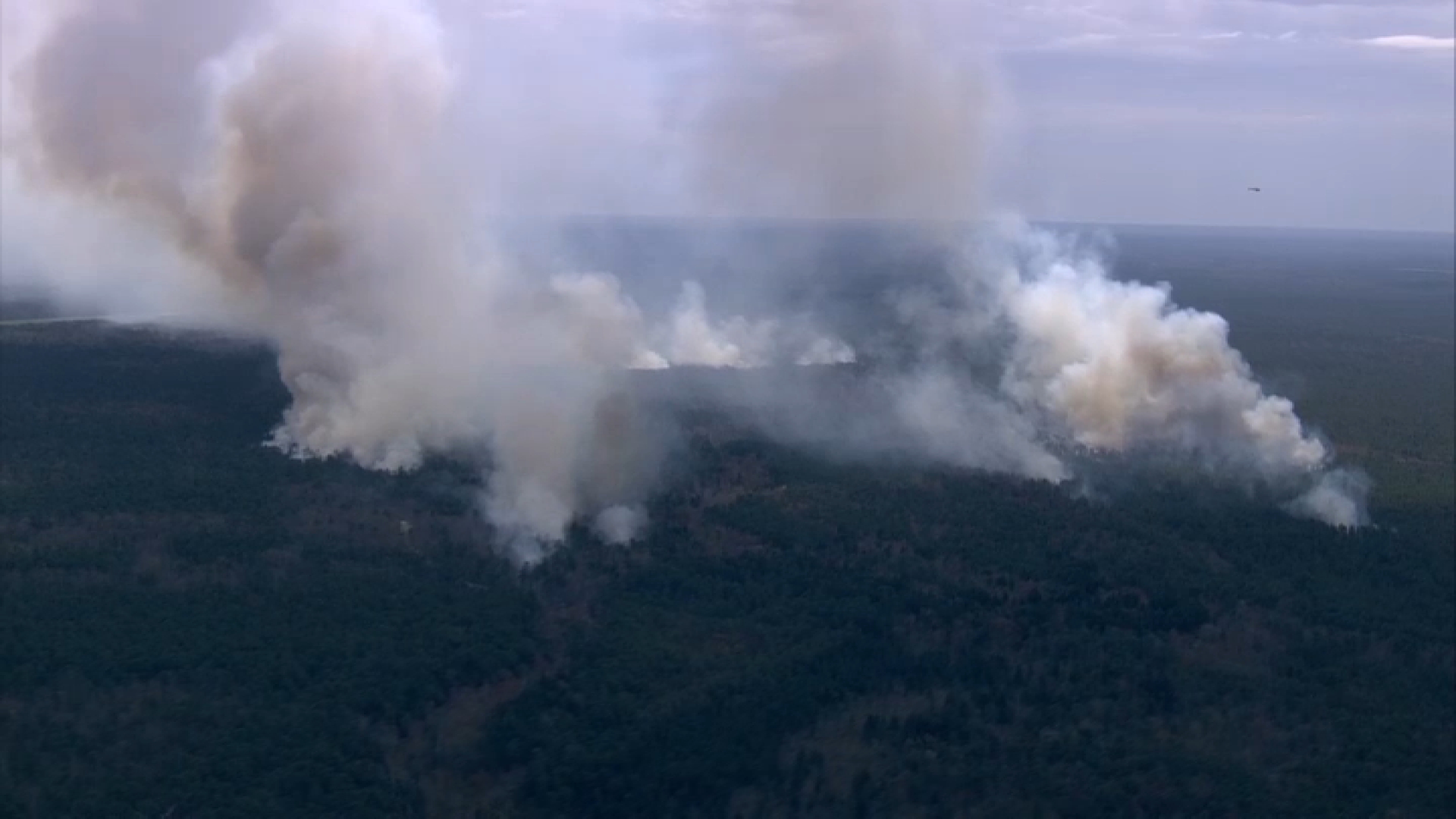What to Know
- A mumps outbreak at Temple University has now reached 86 cases — adding 12 cases in the past day.
- Temple's health clinic will offer free, walk-in vaccinations against measles, mumps and rubella, the school said.
- Health officials recommend anyone showing symptoms of the infection seek medical care and avoid contact with others for at least five days.
As a mumps outbreak continues to grow at Temple University, school health officials said Thursday they will offer free vaccinations to students and staff.
Temple's health clinic will offer the measles, mumps and rubella (MMR) vaccine on Wednesday and Friday of next week. The vaccinations will be doled out on a walk-in basis and will be free. All students and staff will need to present is their school ID.
The outbreak caused U.S. Senator Bob Casey to postpone his town hall meeting at the school, which was scheduled for Saturday. He plans on announcing a new date within the next few weeks.
"In the meantime, Senator Casey urges Temple community members to heed the advice of the university and city public health officials: individuals who feel sick should stay home and avoid contact with other individuals," a spokesperson for Casey wrote.
At least one student petition is also calling for Temple to close until the outbreak is contained.
At least 86 people are tied to the mumps outbreak at the North Philadelphia university which has some 40,000 students and 4,500 staff members. The Philadelphia health department said Thursday that 16 of the cases have been confirmed through laboratory testing while 70 others are probable.
Local
Breaking news and the stories that matter to your neighborhood.
Probable diagnoses are used in cases where a person in the community experiencing the outbreak shows mumps-like symptoms. Garrow said since the viral infection can't be cured, there's no reason to spend money to carry out confirmatory testing.
Mumps can be easily spread among people in close quarters through kissing, the sharing of cups and fluids or competing in sports, according to the Centers for Disease Control and Prevention. Symptoms include fever, headache, muscle aches, tiredness, and loss of appetite. Swelling in a person's salivary glands causes puffy cheeks, a signature feature of the disease.
It can take nearly two weeks for mumps symptoms to manifest in an infected person. There is no cure for the virus, but the vaccine has an 88 percent chance of preventing a new infection, the CDC says.
The outbreak prompted Temple University to change its immunization policy for incoming students by requiring them to have received two doses of the MMR (measles, mumps and rubella) vaccine before entering school.
The vaccine's effectiveness can wane over time, however, meaning a booster shot may be necessary to keep up the body's defenses against the virus. City health officials previously said that may be why the number of cases is blooming.
Health officials recommend students who may be infected limit contact with others for at least five days and seek medical care.



